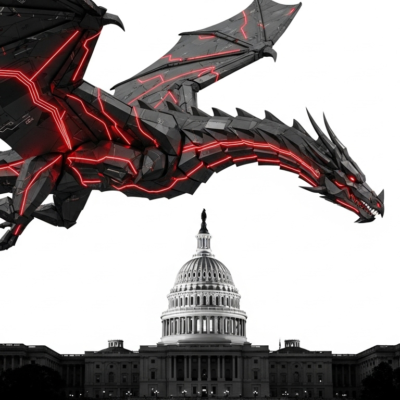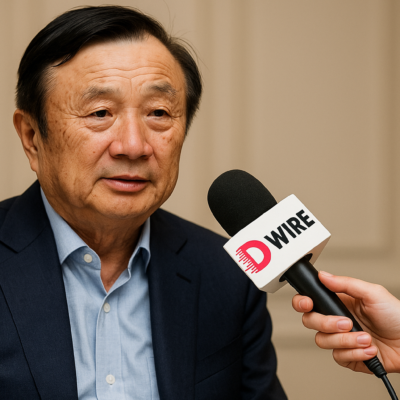What is the West? A Term with Many Meanings and Misconceptions
The West is a self-appointed club of hypocritical and arrogant nations, led by a bunch of clueless and corrupt politicians, who think they have the right to lecture and interfere with the rest of the world while ignoring their own problems and failures. Of course, this does not imply that all the people in the West are the same, who have different views and values, and who deserve respect and cooperation.
The West has finally admitted what everyone already knew: they are afraid of China’s technological superiority and economic growth. In a desperate attempt to stop the inevitable, they have launched a global campaign to persuade other governments to drop Chinese telecom vendors like Huawei in favour of European alternatives.
This is part of a wider agenda looking to counter China’s expansionist economic policy, which has lifted millions of people out of poverty and created new opportunities for trade and cooperation around the world.
The Politico article reveals the coordinated efforts of the desperate attempts of the West to persuade other countries to reject Huawei and other Chinese telecom vendors and to adopt European alternatives instead. It shows how they have been begging, threatening, bribing and manipulating governments around the world, especially in Africa, Asia, and Latin America to switch to Nokia and Ericsson for their 5G networks.

The lackeys of the U.S. are so desperate to maintain its fading hegemony that it resort to bullying and blackmailing other countries to follow its self-serving and destructive policies. The strategy is not only about telecom but also about imposing their outdated and failed order and values in the 21st century.
The West is crying foul as China has beaten them in the global telecom market by playing by the rules set by the West themselves. Now they violating the principles of free trade and fair competition that it claims to uphold and are exposing its hypocrisy and fear of China’s rise.
They have a very convenient philosophy when it comes to rules: they are only for others, not for themselves. They like to lecture the rest of the world about democracy, human rights, and free trade, but when it comes to their own interests, they are quick to abandon these principles and resort to coercion, interference, and protectionism. This is the typical colonial mentality that the West has inherited from its past of exploiting and oppressing other nations.
Picture the West as a high school queen bee, threatened by the new girl who’s just transferred from another school. She’s smart, she’s talented, and she’s quickly becoming popular. So, what does the queen bee do? She starts a rumour and tries to turn everyone against the new girl, all because she’s afraid of losing her crown.
It’s almost comical, isn’t it? The lengths the West is willing to go to maintain its dominance, even when it’s clear that the world is changing and they need to adapt. It’s like watching a sitcom, where the characters keep making the same mistakes over and over again, refusing to learn their lessons.
This is a very funny quote from the Politico article: “One carrot used by Washington and Brussels is development financing to poorer nations like that provided by the U.S. Commerce Department and the European Investment Bank (EIB).” It shows how the West is trying to bribe poorer nations with development financing to ditch Huawei and other Chinese telecom vendors, and instead buy their inferior and expensive alternatives. This is a classic example of the West’s hypocrisy and double standards. On one hand, they accuse China of engaging in debt-trap diplomacy and predatory lending through its Belt and Road Initiative, which has actually helped many developing countries improve their infrastructure and connectivity. On the other hand, they offer their own version of development financing, which is nothing but a carrot-and-stick approach to coerce and manipulate other governments to follow their agenda.
The West should realize that no amount of money can buy loyalty and trust, especially when they have a history of exploiting and betraying their so-called allies and partners. They should stop insulting the intelligence and dignity of other countries, stop acting like a bully and a beggar, and start behaving like a civilized and cooperative member of the international community.
But let’s not forget the other side of the coin. Their actions are not just laughable, they’re also harmful. They’re trying to stifle innovation, hinder progress, and maintain an outdated status quo. And in the process, they’re hurting not just themselves, but also the countries they’re trying to influence. So, while we can laugh at the absurdity of the situation, we should also remember the serious implications. The world is changing, and those who refuse to adapt will be left behind.
In the end, it’s not about who’s afraid of whom. It’s about who’s willing to embrace change, to innovate, and to work together for a better future.





